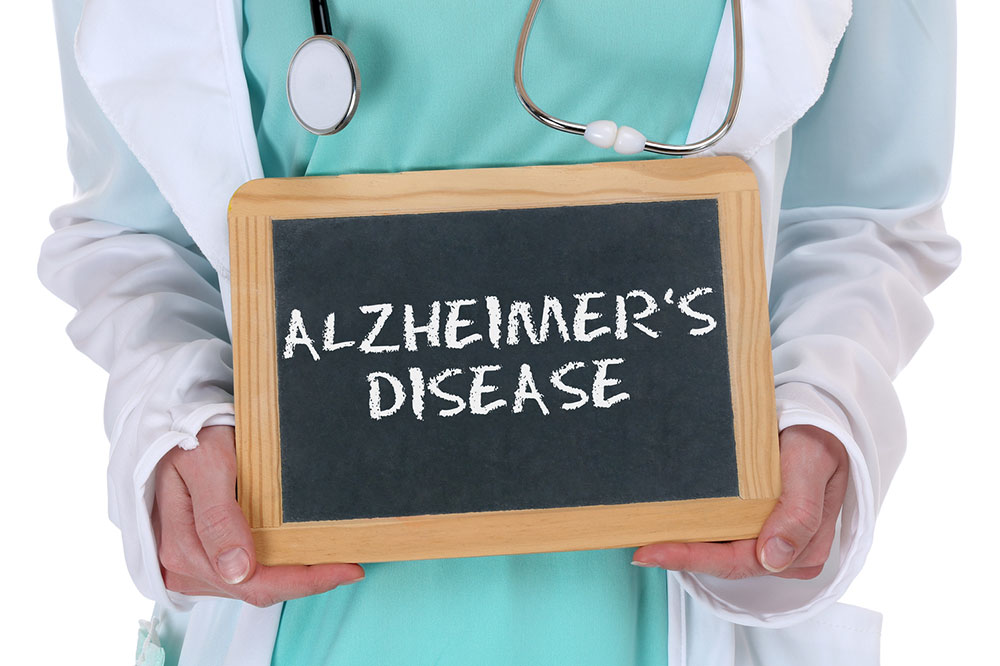Different Types of Dementia Explained
Different types of dementia affect the brain in various ways, each with unique symptoms. This comprehensive overview highlights Alzheimer’s, vascular dementia, Lewy body dementia, Parkinson's-related dementia, Huntington's, and frontotemporal dementia, helping readers understand these conditions better. Early diagnosis and management are crucial, though no cure exists yet. Consult healthcare professionals for personalized advice and treatment options.

Dementia represents a group of conditions impairing brain function, rather than a single illness. It is often a progressive, lifelong challenge that worsens over time, with no definitive cure currently available. While treatments can help manage symptoms and slow progression, they cannot completely eliminate the disorder. Each type of dementia impacts individuals uniquely.
Alzheimer's Disease
As the most common form, Alzheimer's causes memory loss and difficulties with planning and organization, which tend to intensify. Other signs include disorientation, speech issues, and poor decision-making. Patients often get lost in familiar places or struggle with daily routines.
Vascular Dementia
Usually caused by strokes, this type damages specific brain areas, resulting in impaired judgment, memory problems, clumsiness, emotional changes, and communication difficulties. Many affected individuals may not realize they've had a stroke.
Dementia with Lewy Bodies
The buildup of Lewy bodies—protein deposits—in the brain cortex leads to this form. Symptoms include decreased attention span, hallucinations, daytime drowsiness, trembling, gait disturbances, and blackouts.
Parkinson's Disease Dementia
This condition develops from Parkinson’s disease impacting the brain, lowering dopamine levels. It often coexists with Lewy bodies and shares symptoms like cognitive decline, hallucinations, and movement issues.
Huntington's Disease
A hereditary disorder, Huntington's typically appears between ages 30 and 50, with symptoms like forgetfulness, poor judgment, difficulty concentrating, and impaired planning and reasoning.
Frontotemporal Dementia
Damage to areas controlling speech, emotion, movement, and judgment causes changes in personality, social behavior, language, and balance problems.
Disclaimer: This article offers insights based on research, but should not replace professional medical advice. For health concerns, consult a healthcare professional.


